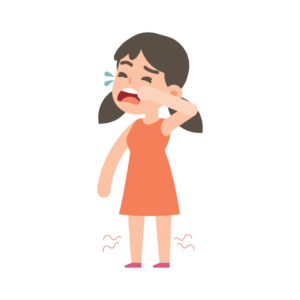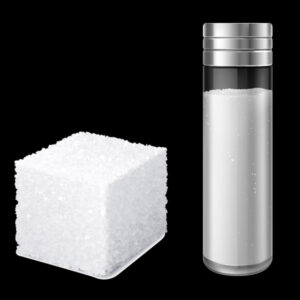
Proteins and the Indian Diet
nathaniclinic1
January 27, 2018
A good majority of Indians are vegetarians though not many are true [simple_tooltip style=’background:blue;color:white;’ content=’Those who choose not to eat animal products of any kind, including animal flesh, dairy products, eggs, and sometimes even honey’]vegan[/simple_tooltip]. There is a tendency to eat too many cereals resulting in a high carbohydrate and low protein diet. Not only does the child need to replace the proteins lost in day to day wear and tear of life but has also to build new proteins to take care of growth and development.
So what should the poor harried parent do to ensure that their child is getting enough protein?
Firstly, be aware of how proteins are made by the human body. When we ingest proteins, whether the source is vegetarian or non-vegetarian, the intestine breaks it down to [simple_tooltip style=’background:blue;color:white;’ content=’The basic building blocks of proteins’] amino acids[/simple_tooltip]. These amino acids are absorbed and then recombined in a manner unique to humans to create our own proteins. There are about 22 amino acids that are important to human health. Our human body can make 13 of these without any help but the other nine can only come from eating protein rich foods and therefore are called ‘essential’ amino acids
Role of proteins
Only the main ones are highlighted here:
- Are the main components of all muscles in the body: We usually think of the biceps or the pectorals when we talk of muscle but all muscles including that of the heart and the gastrointestinal tract are made up of protein.
- Hemoglobin: The component of blood that carries vital life giving oxygen to the whole body is primarily protein.
- Many [simple_tooltip style=’background:blue;color:white;’ content=’Substances that help chemical reactions in the body’]enzymes[/simple_tooltip] and [simple_tooltip style=’background:blue;color:white;’ content=’Substances that fight infections’]immunoglobins[/simple_tooltip] are also proteins.
Protein tips for Indian Parents
First calculate the amount of proteins that your child needs
It is a simple formula. The recommended dietary intake of proteins daily for a child is around 1 gm / kg / day. So if your child weighs 8 kg you need to ensure that you give at least 8 gm of proteins per day. (Protein content of common Indian foods is easily available of the net). One of the many is this:
Next decide which foods to give your child
- If you are non-vegetarian it is relatively easy – Even within this group, prefer healthier white meats like fish (added advantage of omega-3-fatty acids), chicken and lesser quantities of red meats like beef, lamb or pork.
- Eggs: Many vegetarian parents have been eating or at least allowing their children to eat eggs. Whole eggs are the most complete proteins. One egg on an average gives about 6 gms of proteins.
What if you are vegetarian or vegan?
- Legumes: like chickpeas (छोले), green peas (वटाणा) soya beans, lentils(दाल), or kidney beans(राजमा) are excellent sources of proteins.
- Milk and milk products: whatever its source (cow, buffalo, goat etc) milk, yogurt (दही) and cheese (पनीर) are also excellent sources of proteins.
- Tofu (made from soya milk) while not very commonly consumed in India is beginning to enjoy popularity and for good reason too! Apart from containing 10 gm per half cup portion, it also contains hearth healthy [simple_tooltip style=’background:blue;color:white;’ content=’Polyunsaturated Fatty Acids’]PUFAs [/simple_tooltip]and omega-3 fatty acids.
- Don’t forget the Nuts: People avoid nuts because they think that they are too fattening. By themselves, fats in the nuts are heart healthy. It is only when they are fried in butter or ghee that they have a lot of saturated fats. Nuts are a rich source of proteins, fiber and fats and should be included in diet of all children who are above the age of three years. Do not feed nuts to any child who is less than three years of age.
Above all the traditional combination of foods like rice and dal (चावल दाल) or rice and sambhar (सांभर भात) serve to make incomplete protein foods into foods that are complete in all essential amino acids. Another good combination is peanut butter and toast.
You can always consult your pediatrician and set up an appointment to discuss what diet should you be offering to your child. At Nathani Clinic, we help you customize balanced diets for your children within the limits of your food habits and culture.
Our Consulting Specialities
Recent Posts


Subscribe Our Newsletter
The premier children’s clinic and general vaccination center in Chembur, Mumbai
Make an Appointment
- 8 AM - 8 PM , Monday - Saturday
Call Us Today
9987084813
Online Doctor Consultation Nathani Clinic
Copyright © 2024. All rights reserved.


